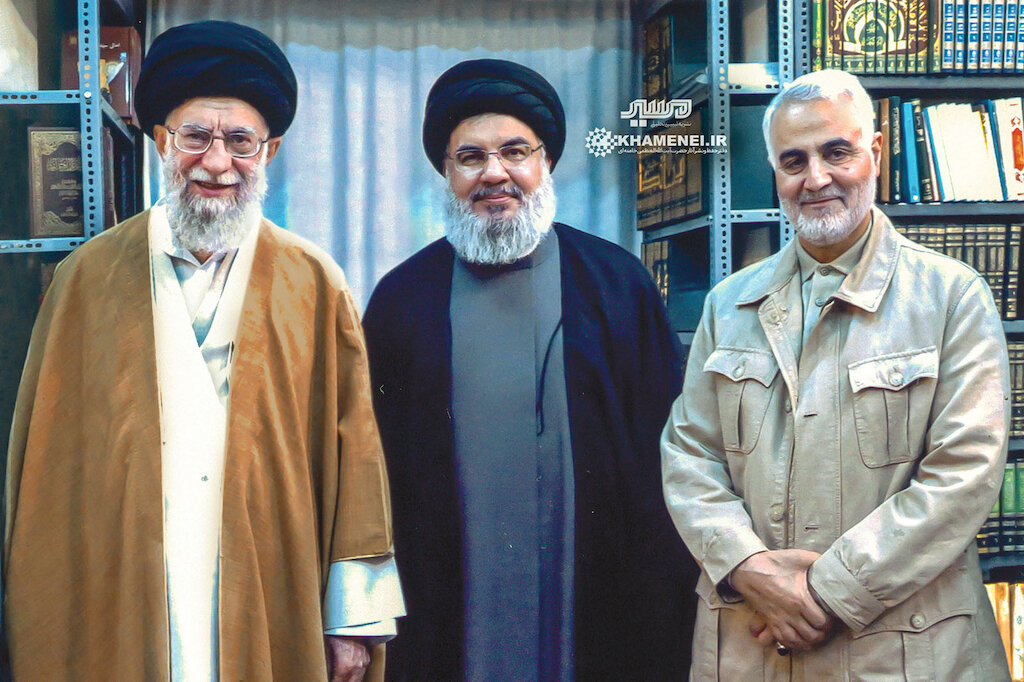Until his assassination last January, Qassem Soleimani was one of Israel’s deadliest adversaries. As commander of the Quds Force, the external operations arm of Iran’s Islamic Revolutionary Guards Corps, he coordinated attacks against Israel from Syria, Lebanon and the Gaza Strip.
Arash Azizi, an Iranian journalist and historian, describes him as “a larger than life” figure in his probing biography, The Shadow Commander: Soleimani, The U.S., and Iran’s Global Ambitions, published by OneWorld in Britain.
Based in New York City, he draws a nuanced portrait of Soleimani, who was killed in a U.S. drone strike at Baghdad International Airport on January 3, shortly after ordering Shi’a surrogates in Iraq to besiege the American embassy in the Iraqi capital.
As Azizi portrays him in this balanced account, Soleimani was the tip of a razor sharp spear — a devoted and skilled operative who devoted himself to expanding Iran’s influence in the Middle East at the expense of Israel and its ally, the United States. In his accessible book, he traces his career from Kerman province to Tehran, while pausing in Damascus, Beirut and Baghdad, among other places.
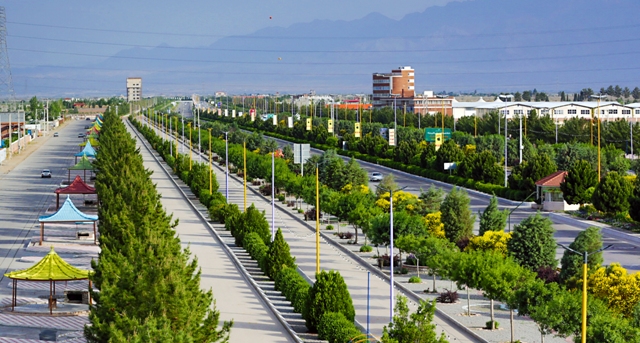
Born in the village of Qanat Molk in 1956 to a poor, heavily indebted family, Soleimani began working in the public relations department of Kerman’s water supply company after finishing high school. He was mostly focused on his job and his love of karate when the 1979 Islamic revolution deposed the Pahlavi monarchy. “Qassem had not helped make the revolution, but the revolution was sure to help make him,” writes Azizi.
Interestingly enough, Soleimani was rejected for membership in the Islamic Revolutionary Guards Corps the first time he applied, but was permitted to join its reserve unit. Successful applicants had to believe in “authentic Islamic ideology” and be opposed to imperialism, Zionism, dictatorship and any form of racism.
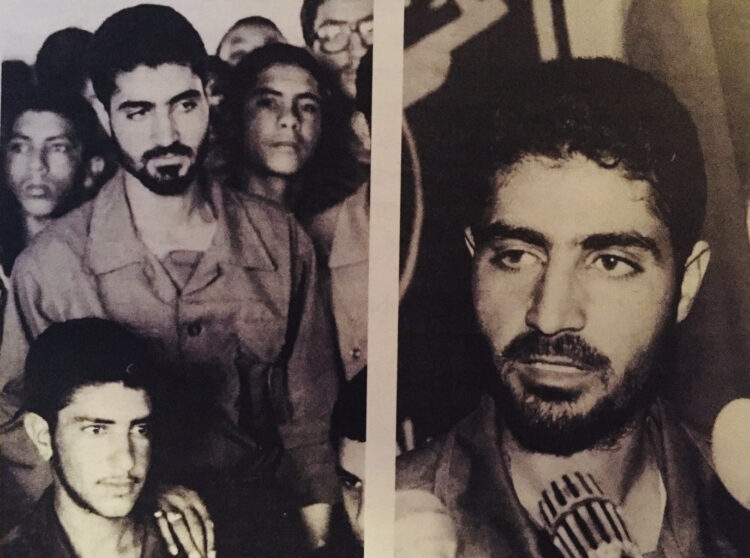
With the outbreak of the Iran-Iraq War in 1980, he was admitted into the Islamic Revolutionary Guards Corps. He carried out two assignments, protecting the airport in the city of Kerman and training new recruits in physical education. In the following year, he was one of 300 Kermanis sent to the front to fight Iraq. “He was a simple soldier then but wouldn’t remain one for long,” says Azizi.
Having emerged as a “serious war tactician,” Soleimani was promoted to the rank of battalion commander. He was repeatedly wounded in battles as Iranian forces achieved victories in Iraqi territory.
In the wake of the war, which ended in a virtual draw, Soleimani clashed with road bandits and drug lords in the provinces of Kerman, Hormozgan, Sistan and Balochistan.
Appointed Quds Force commander in 1998, he remained at its helm until his dying breath, turning it into “the most ambitious expeditionary army in the history of the modern Middle East.”
Soleimani earned his spurs in Lebanon during Israel’s war with Hezbollah in 2006. Long before he appeared on the scene, Iran established a tangible presence in Lebanon, sending “cultural workers” to Shi’a villages and towns to enhance its influence. In reality, they were political organizers.
Iran’s ambassador in Syria, Ali Akbar Mohtashamipour, was in charge of this effort. He was instrumental in the formation of Hezbollah, the majority of whose leaders consisted of Iranian officials.
“Hezbollah transformed the social, political and cultural face of Lebanon, starting with the Beqaa Valley,” says Azizi. “Women donned Iraqi and Iranian-style long black chadors, previously unseen in the region. Bars were forced to go non-alcoholic or close.” More consequentially, he adds, Iran and Hezbollah achieved political domination in this area and launched a campaign of suicide attacks against U.S. and Israeli forces in Lebanon.
“The creation of Hezbollah, Iran’s first serious experience in Islamist internationalism, was an unabashed success. It had helped create a new ally in the Arab world — on Israel’s doorstep, no less — which declared allegiance to the ideological foundations of the Tehran regime.”
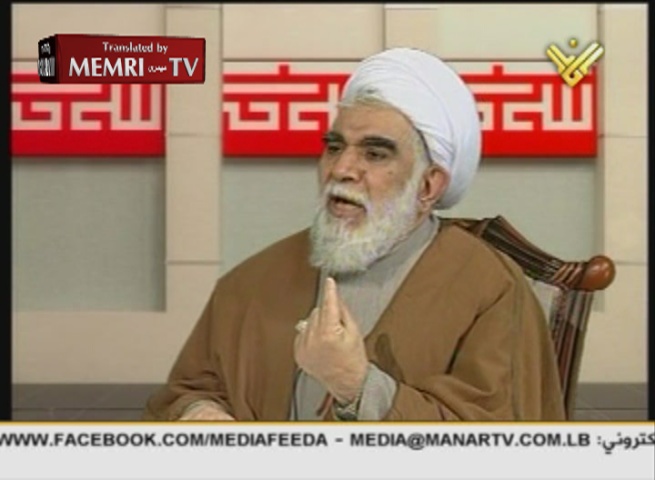
In Azizi’s estimation, Iran used Hezbollah to build relations with the Palestinians. Iran’s ambassador to Syria from 1986 to 1998, Mohammad Hassan Akhtari, and his successor, Hossein Sheykholeslam, directed this effort. Soleimani was not personally involved in the Lebanon file until his appointment as Al Quds’ commander.
Soleimani, who spoke Arabic with a heavy Persian accent, formed trusting relationships with two Hezbollah figures — Hassan Nasrallah, its spiritual leader, and Imad Muqniya, its chief strategist (who was assassinated in 2008 in a joint U.S.-Israeli venture).
“They all came from marginal Shi’a backgrounds,” says Azizi. “They were also all obsessed with Israel — not as an abstract Zionist enemy but as a real foe that must be understood if it is to be fought.”
On the Palestinian front, Iran worked to undermine the 1993 Oslo peace process, while Soleimani provided moral and financial assistance to Hamas and Islamic Jihad during the second intifada in the West Bank and Gaza Strip after 2000. Although Iran did not play a direct role in the Palestinian suicide bombing campaign against Israel, it encouraged these attacks.
Having committed its resources to Hezbollah and the Palestinian cause, the Iranian regime morphed into Israel’s chief enemy. As Azizi puts it, “Iran turned into the most committed anti-Israel state in history.”
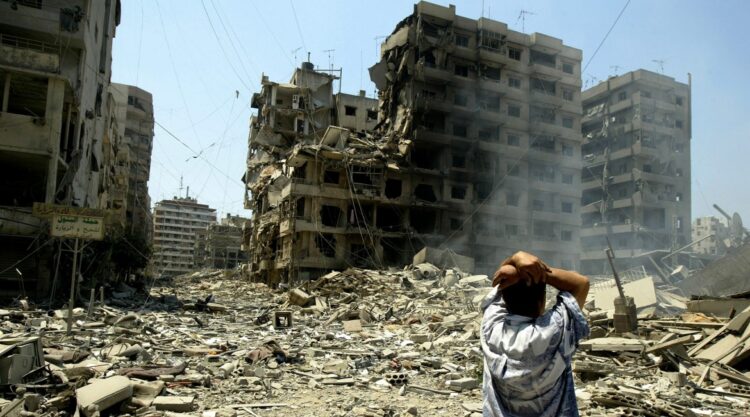
During the second Lebanon War in 2006, Soleimani dodged Israeli bombs and bullets in Beirut’s Shi’a quarter. And in the lead up to Israel’s invasion of Gaza in 2009, he supervised the training of Palestinian commanders in Iran and the funnelling of Iranian arms to Hamas and Islamic Jihad.
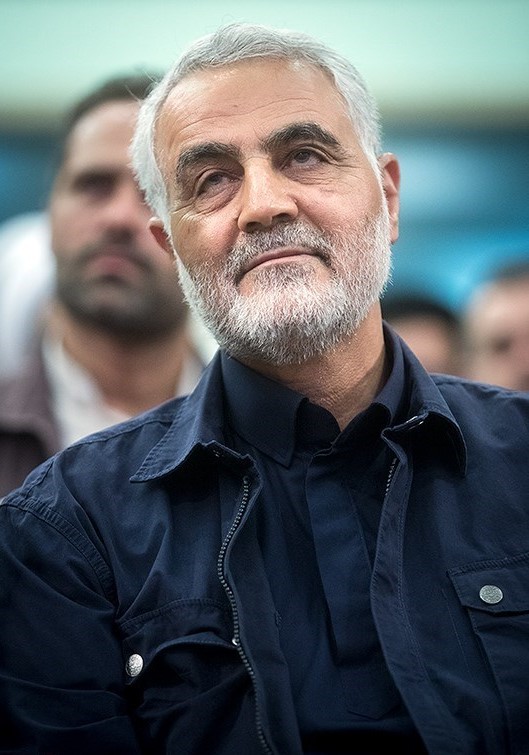
Promoted to the rank of major general in 2011, Soleimani was by now a household name in Iran.
In the intervening years, he delivered speeches in defence of the uprisings in the Arab world, established contact with the Muslim Brotherhood in Egypt and the Houthi rebels in Yemen and, most probably, had a hand in planning terrorist attacks against Israeli diplomatic missions and tourists in India, Georgia and Bulgaria.
According to Azizi, Soleimani enjoyed the absolute and unwavering support and admiration of Iran’s supreme leader, Ayatollah Ali Khamenei.
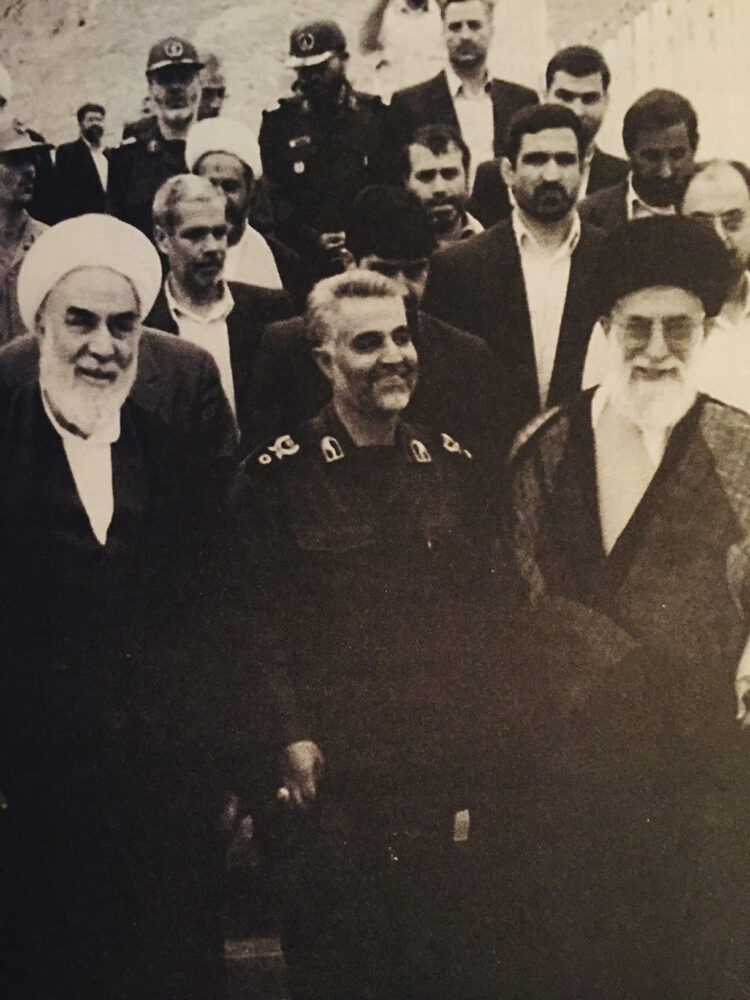
During his final years, Soleimani was often on the road between Iraq and Syria. In Iraq, he helped form the Popular Mobilization Force, which fought the Islamic State group in combination with U.S. troops and Kurdish fighters. When Islamic State was defeated in Iraq, Iran’s de facto alliance with the United States against Islamic State crumbled.
With Soleimani leading the charge, Iran fought Islamic State in Syria, in what would a successful effort to preserve President Bashar al-Assad’s Baathist regime. From the first months of the civil war in Syria, Iran advised the Syrians to crush the rebellion mercilessly rather than to bring in democratic reforms to appease the rebels.
In 2015, he personally convinced Russian President Vladimir Putin to intervene militarily in Syria. Much to his satisfaction, Russia’s intervention saved Assad.
Having secured Assad’s regime, Soleimani set out to build a network of Iranian bases in Syria and on the Syrian side of the Golan Heights from which to attack Israel. The Israeli Air Force responded fiercely, bombing these facilities relentlessly.
After Soleimani’s death, his family published a statement that was perfectly in keeping with the depth of his zealousness.
“On the path of the blood shed by our martyred father, we declare to the whole world: To the last drop of our blood, we will struggle. We will stand with the freedom-loving nations of the world until the complete destruction of the child-killing Zionist regime.”
As Azizi suggests, the Islamic radicalism that animated Soleimani burns brightly in Iran after his death.
